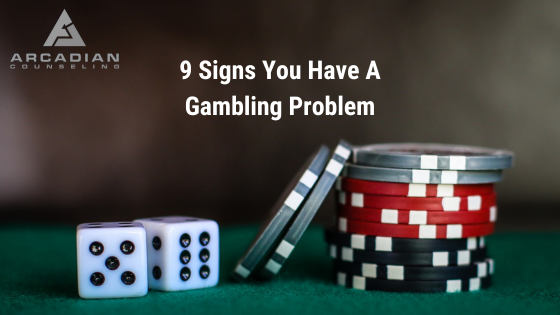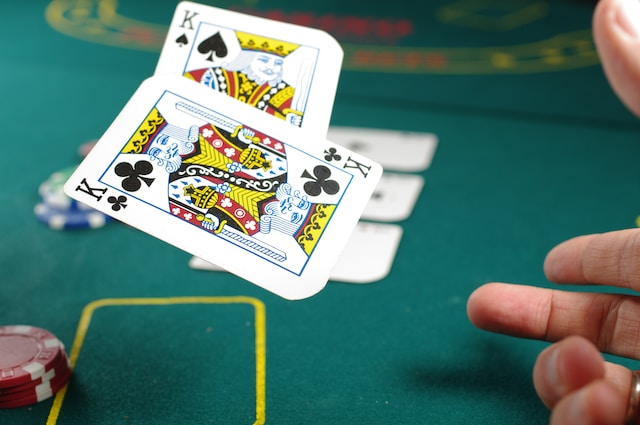Gambling addiction has risen sharply over the last few years. In the United States alone, over 5 million people reported having a gambling addiction that required treatment. It’s estimated that over 80% of Americans gamble on a yearly basis. If you happen to fall into that 80%, you need to know the signs of a gambling problem.
Gambling addictions are classified as impulse-control disorders. These types of progressive addictions can negatively impact a person’s life physically, psychologically and socially. People who struggle with a gambling addiction can experience symptoms such as anxiety, distress, intestinal disorders, migraines and even depression.
With all this alarming info in mind, it’s important to be able to identify addiction and problem gambling before it destroys your life.
Signs of a gambling problem
- A desire to gamble with larger amounts of money to feel the same high.
- A feeling of restlessness or agitation when attempting to stop gambling.
- More than one unsuccessful attempt to stop or reduce gambling.
- Obsessive thinking about gambling.
- Gambling as a means to self-soothe.
- Lying to cover up gambling activities.
- Gambling even after a major loss.
- Experiencing social, relational, or work problems as a result of gambling.
- Relying on others to get money for gambling.
Treatment
If you concerned that you or someone close to you is struggling with any of these signs of a gambling problem it’s important to know that there are treatment options out there that can help. While there isn’t any “one-size-fits-all” approach, there are different options depending on the individual and severity of the problem.
Medication
Antidepressants and mood stabilizers have been shown to be somewhat effective at reducing the symptoms of the addiction. Some antidepressants, like Wellbutrin have even been shown to reduce the urge to gamble. While medication can be helpful in the short-term, it isn’t wise to use this as the only form of treatment. Nor should it be considered to be a long-term approach. Medication in conjunction with counseling and therapy and/or support groups is the most effective form of treatment for problem gambling and gambling addiction.
Counseling & Therapy
Acceptance & Commitment Therapy (ACT) helps individuals reduce their urge to gamble by teaching individual to discover their own behavior and where these urges stem from. Once one develops insight into their urges and triggers, they learn skills to manage these urges. While on can’t completely eliminate urges (of any kind), learning skills and techniques to manage them is extremely effective.
It’s also worth noting that mental health disorders like depression, anxiety, and bipolar disorder are often co-occurring with problem gambling and gambling addictions. It’s important for both the client and therapist to understand and uncover any underlying mental health issues which are typically associated with the root cause for the problem behaviors.
Self-Help Support Groups
A lot of people find it helpful to find a supportive addiction group, either online or in their local area. While this approach isn’t for everyone, it certainly is effective for those that use support groups. A simple Google search of “gambling support groups near me” will yield tons of results and options to choose from. For those that don’t particularly enjoy or feel comfortable in group settings, individual counseling and therapy is the best alternative.
Like all addictions, it takes time and effort to recover from a gambling addiction. While it might be difficult to address a gambling problem with someone you care about (or yourself), it’s best to start out by simply asking if there’s a problem. It’s important to remember that if you want someone to be honest with you, you need to be honest too. This involved expressing your concerns in a non-judgmental way that doesn’t involve belittling, name-calling, or attacking the other person’s character. This will only result in them shutting down.
James Killian, LPC is the Principal Therapist & Owner of Arcadian Counseling in Greater New Haven, CT where they specialize in helping over-thinkers, high achievers, and perfectionists reduce stress, increase fulfillment and enhance performance so they can move From Surviving To Thriving.



